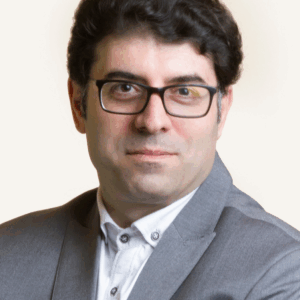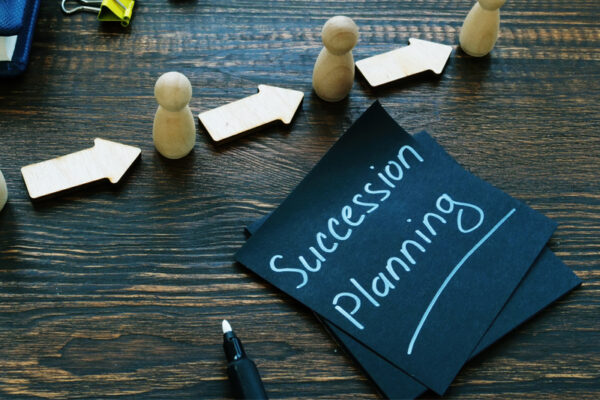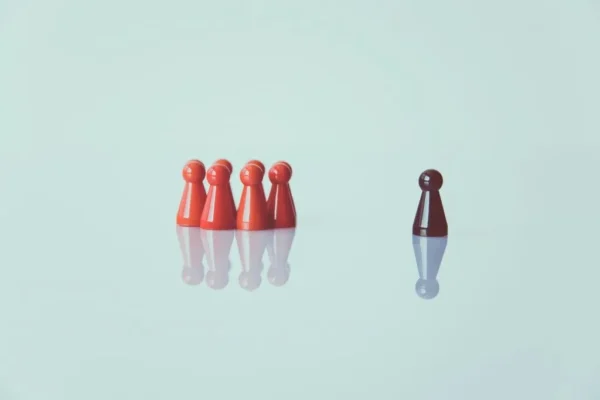
How to be a better learner?
Extensive research has shown that the skill of learning can be developed and is not innate. By consciously and deliberately using specific exercises and strategies, we can enhance our learning ability and progress faster and more efficiently in our field of expertise. In short, we can all get better at "getting better."
The skill of learning can be learned.
Many people mistakenly believe that the ability to learn is related to intelligence. For them, learning is an innate trait like eye color, linked to genetics and inheritance. Yet the debate remains whether people are born learners or not. So why should we even try to become better learners?
This is exactly why many consider learning a trivial matter. They don’t think about how to actually gain skill in a field. They use phrases like, “If you want to be a calligrapher, write, write, write,” without truly paying attention to the role of learning strategies. This view is completely wrong. Is practice just repeated repetition of a skill? Does practice need feedback? Should practice be hard? Or should it be entertaining?
Extensive research has shown that the skill of learning can be developed and is not innate. By consciously and carefully applying specific exercises and strategies, we can improve our ability to learn and progress faster and more efficiently in our field of expertise. In short, we can all get better at “getting better.”
Here is an example from a study showing that learning strategies are much more important in gaining expertise than simply being smart. Marcel Weinman found that people who focus carefully on how they think outperform those with higher IQs in learning new material. His research indicates that for skill development, focusing on how to learn is 15% more important than innate intelligence. Here are three practical methods to develop learning as a soft skill.
Organize your goals.
Effective learning often leads to some form of project management. To become professional in a specialized area, you first need to set achievable goals for what you want to learn. Then you develop strategies to help reach these goals.
A purposeful approach to learning helps us deal with all the uncomfortable feelings about mastering that expertise:
- “Am I good enough?”
- “Will I fail?”
- “What if I make mistakes?”
- “Is there something else I should be doing instead?”
Albert Bandura, professor at Stanford University, believes these negative feelings (self-blame) quickly rob us of our ability to learn new things. Moreover, having a plan with clear goals helps us stay committed. Research has been extensive and consistently shows that people with clear goals perform better than those with vague aims like “doing a good job.” Setting goals helps people manage their feelings more easily and thus progress in learning.
Think about thinking.
Metacognition is crucial for learning talent. Psychologists define metacognition as “thinking about thinking” — essentially, knowing how you know what you know. It’s important to ask yourself questions like:
- Do I really understand this idea?
- Can I explain it to a friend?
- What are my goals?
- Do I need more knowledge?
- Should I practice more?
Metacognition naturally happens to trained experts. When a specialist works on a topic, they focus on how the problem developed. They intuitively know if their answers make sense. Research shows that this “thinking about thinking” shouldn’t be left only to experts. When it comes to learning, one of the most important issues is that people don’t pay enough attention to metacognition. They don’t pause and ask themselves whether they’ve truly internalized a concept or skill.
So the issue is not just about something going in one ear and out the other. It’s about people not forcing themselves to think about their thinking.
Reflect on your learning.
There is a paradox in learning. Research shows that to truly understand learning, “we need to let go of learning.” For example, when we step back and look at a problem, we understand it better. Our best ideas often come after discussions with colleagues, while washing dishes, or when reading a software manual — realizing we fully grasp the info only after finishing the guide.
In short, learning requires reflection. This kind of reflection needs a moment of calm. Maybe while writing, or in the shower, when talking to ourselves. But focused reflection needs a moment of silence combined with self-awareness.
Sleep is a prime example. While napping or sleeping, we organize knowledge and information. Recently, research showed that an afternoon nap can reduce practice time by up to 50%.
The idea of cognitive quietness also explains why skill acquisition is difficult during stress, anger, or loneliness. When emotions weigh heavily on us, we cannot reflect or think clearly. In some urgent situations, we can do basic tasks like recalling a phone number, but to reach understanding and insight, we need a calm and peaceful mind.
Here’s good news for individuals and companies wanting to help employees grow: learning is a skill that can be learned. Being a fast learner doesn’t mean you’re the smartest in class; it means you have learned how to learn. By organizing your learning goals, thinking about your thinking, and reflecting on your learning, you can develop greater skill and grow from good to great.
Also, one exercise to learn the learning process is to ride a “reverse bike” — a bike that challenges your paradigms.










